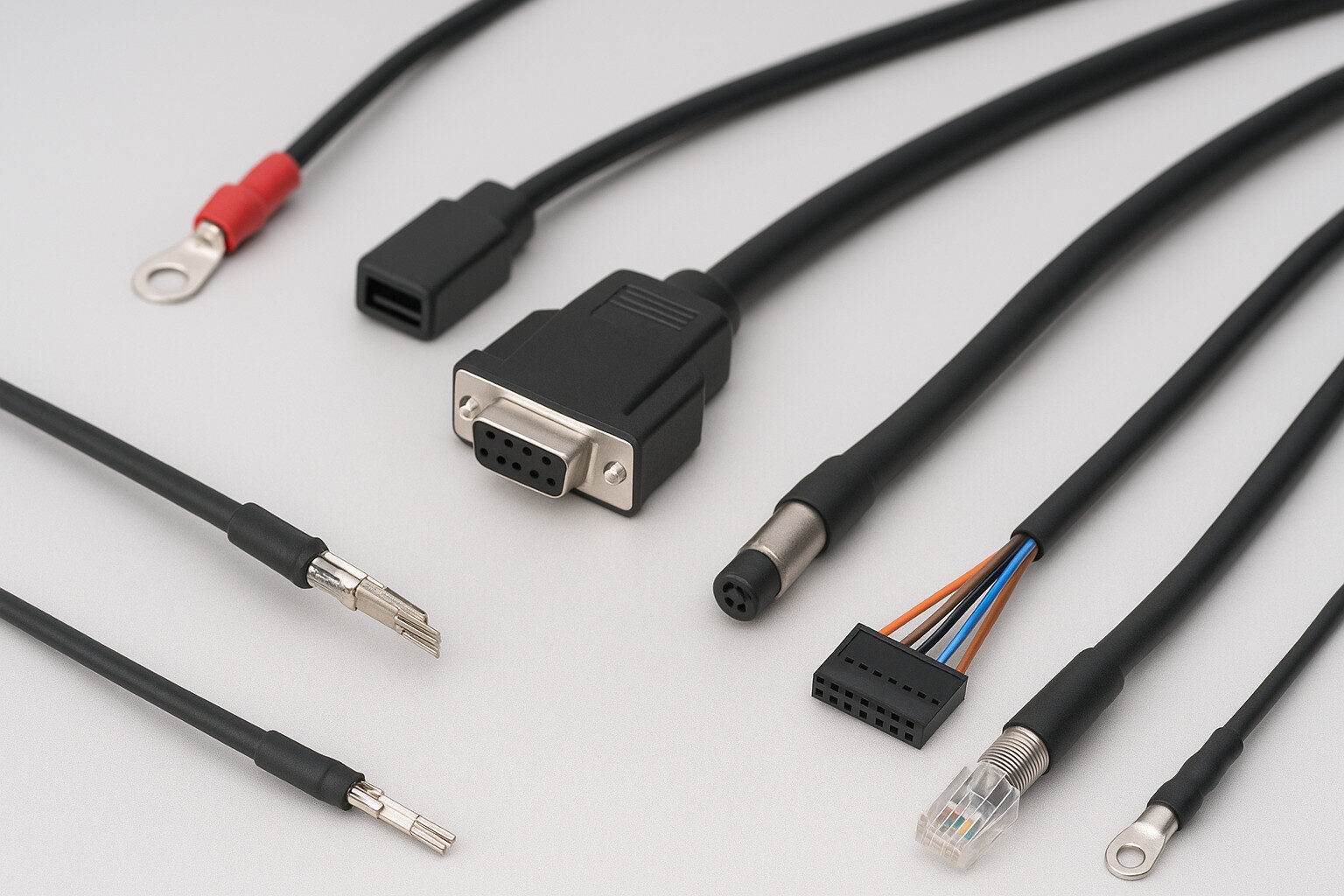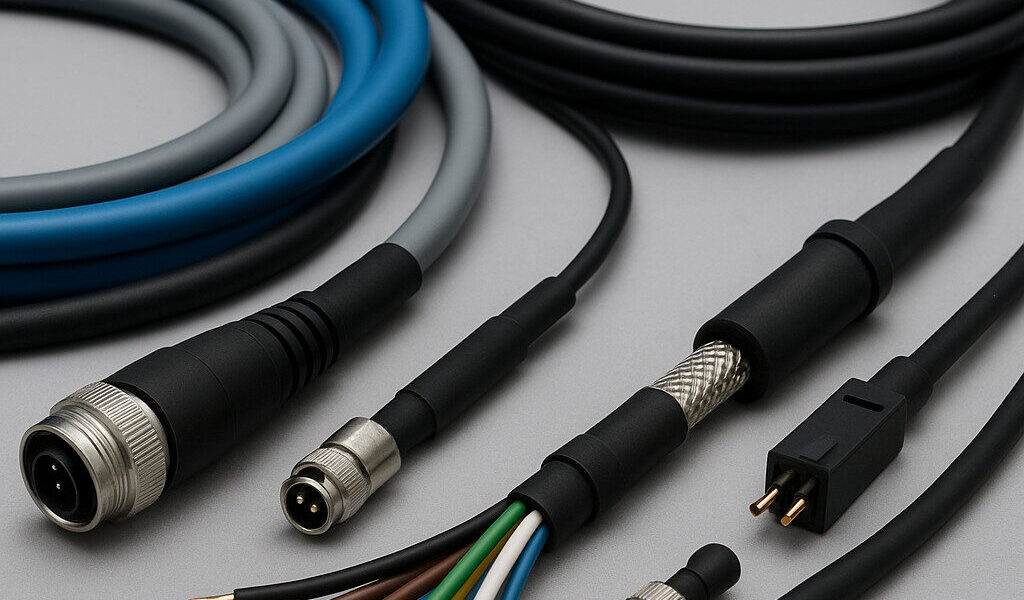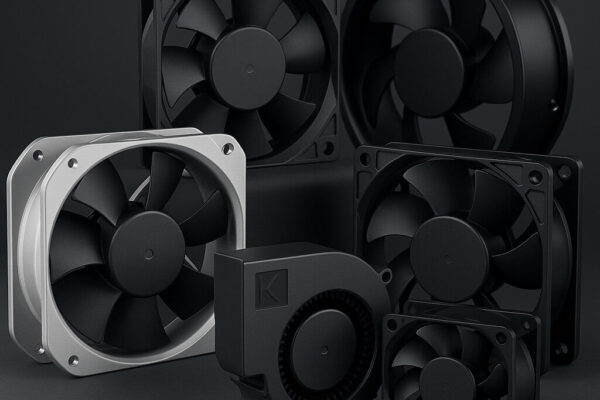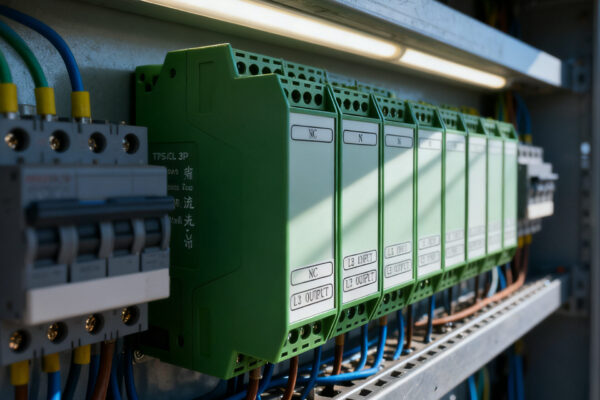Introduction
Demand for customized cable solutions and reliable connections is increasing across automation, renewable energy, and medical technology. To address this, TPS Elektronik has expanded its manufacturing capabilities and launched in-house production in cable assembly. This step strengthens the company’s role as an electronics manufacturing partner and provides customers with additional flexibility and integrated solutions.
Key Takeaways
- TPS Elektronik expands its manufacturing portfolio with cable assembly
- Production tailored to prototypes, small and medium series, and project-specific requirements
- Documented quality control and standardized testing as part of the process
- Integrated workflows with PCB assembly, control cabinet building, and testing
Why Cable Assembly Matters Across Industries

Cables are critical in nearly every electronic system. From control cabinets to complex devices, systems depend on proper, application-appropriate connections.
In industrial environments, cable assemblies should meet requirements for:
- Precision — consistent production for stable performance
- Durability — mechanical robustness for demanding conditions
- Electrical safety — secure connections to minimize failures
- Environmental fitness — suitability for temperature, vibration, or EMC conditions
Professional cable assembly helps address these requirements and supports safe, efficient operation.
TPS Elektronik’s Manufacturing Expansion
TPS Elektronik has invested in modern workstations and test procedures to integrate cable assembly into its service offering. The setup enables customized assemblies while applying the same quality discipline used across the company’s electronics manufacturing activities.
Key Features of the New Production
- Flexibility — from single prototypes and one-off solutions to small and medium series
- Material diversity — a range of cable types, connectors, and protective components
- Quality standards — soldering, crimping, and testing in line with applicable standards and agreed customer specifications (e.g., IPC/WHMA-A-620 where specified)
- Integration — close alignment with PCB assembly, control cabinet building, and testing solutions
This integration reduces external handovers and simplifies project coordination.
Example Process & Quality Control
- Requirements capture — electrical, mechanical, and environmental conditions
- Component selection — conductors, insulation, connectors, protective sleeves
- Preparation — cutting and stripping to specification
- Termination — crimping/soldering with validated tools and parameters
- Identification & bundling — clear marking and documentation
- Testing — continuity, polarity, insulation; additional tests (e.g., HiPot) when required
- Traceability — bills of materials, test records, and lot identification
Compliance note: Statements refer to agreed specifications and applicable standards. No performance guarantees are implied.
Benefits for Customers
- One partner for multiple steps — development, prototyping, series production, and testing
- Shorter lead times — fewer external interfaces can reduce delays
- Reliable quality — unified processes and documented testing
- Tailored solutions — assemblies designed for specific technical and environmental needs
Typical Applications of Cable Assembly
TPS Elektronik’s cable assembly services are suitable for:
- Control cabinets and automation systems
- Energy storage and battery technology (e.g., BMS harnesses, sensor lines)
- Medical devices (subject to project-specific standards and approvals)
- Measurement and testing systems
These assemblies support dependable operation and compliance with project requirements.
Conclusion
With the start of in-house cable assembly production, TPS Elektronik strengthens its manufacturing portfolio and supports customers with integrated, flexible, and quality-controlled solutions. From individual prototypes to small and medium series, assemblies are designed to fit seamlessly into complete electronic systems.




